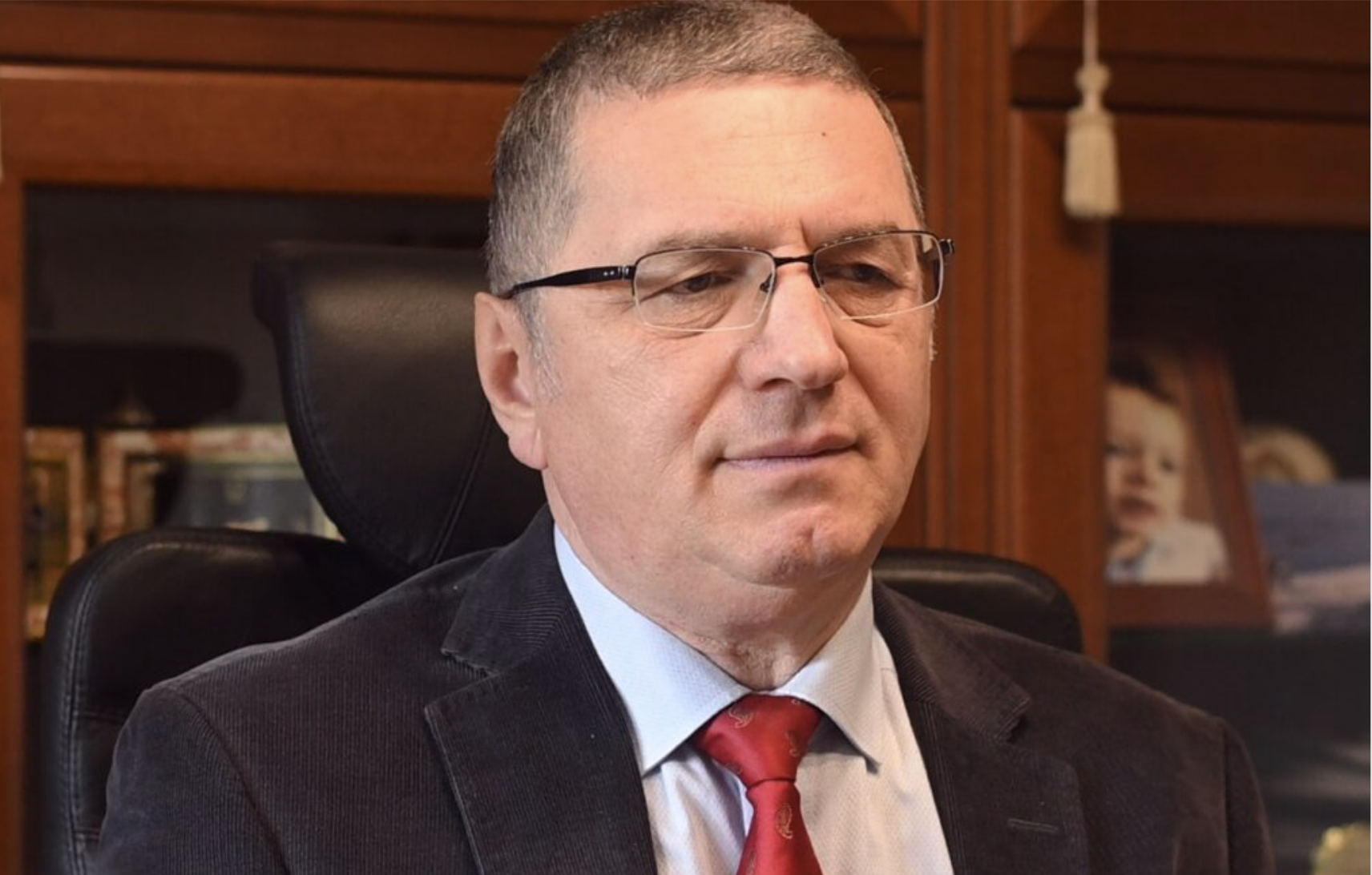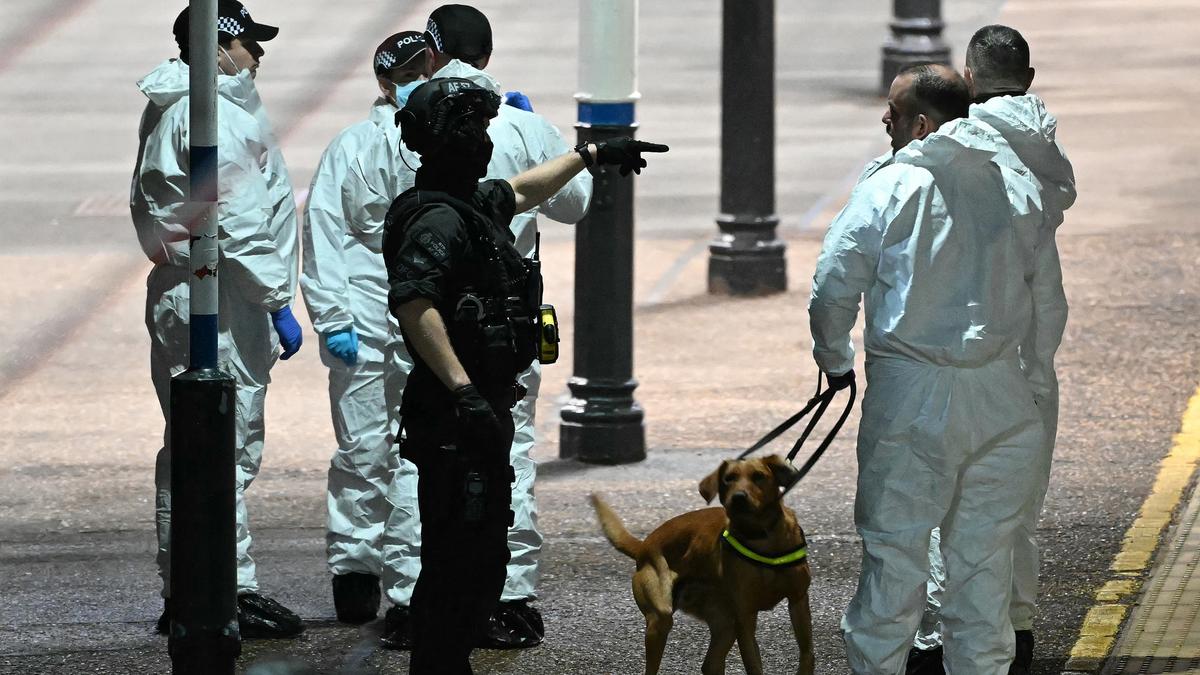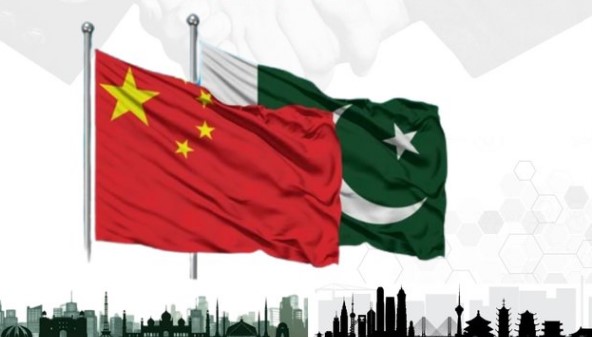Copyright tiranatimes

By Zef Preçi The recent decision of Albania’s Special Prosecution Office Against Corruption (SPAK) to formally indict Deputy Prime Minister and Minister of Infrastructure Belinda Balluku on charges related to abuse of office and corruption has sent shockwaves through the political establishment. Balluku widely regarded as the government’s second-in-command and one of Prime Minister Edi Rama’s most powerful allies now faces accusations linked to the controversial Llogara Tunnel project, a major state-funded infrastructure contract. Her indictment follows a pattern: several current and former ministers are either under investigation or already behind bars for corruption, reinforcing public perceptions that state capture and systemic clientelism have reached the highest levels of government. This development has once again thrust into public debate the fundamental questions of governance, accountability, and justice in Albania. The evolution of the country’s economy over the past decade has confirmed a growing influence of business lobbies, oligarchs, and perhaps even segments of organized crime. Official reports and investigations increasingly reveal individuals under scrutiny for their role in shaping government decisions related to the allocation of public funds, issuance of permits and licenses, exclusive contracts, “strategic investors,” tourist villages, and most recently, the so-called “Mountain Package.” Viewed from this perspective, the latest controversy surrounding the Llogara Tunnel and the alleged involvement of Balluku adds little that is new except for the unprecedented political rank of the accused. What is troubling, from a research standpoint, is that most high-level corruption scandals whether under investigation or prosecution fall under the same legal definition: violation of equality in public tenders and auctions. Yet this charge, while real, is only one fragment of a much broader circle of criminal acts, among which corruption occupies a central place. The choice of milder legal qualifications, with relatively light penalties, often explains why so many corruption-related trials involving senior officials drag on for years without conclusion. In recent years, however, there has been a notable shift. Unlike the long-standing tradition in which courts tended to confirm the prosecution’s view, Albania’s Special Court Against Corruption (GJKKO) has occasionally taken the initiative ordering prosecutors to expand investigations or even to requalify charges. In some prominent cases, such as the health concession scandal, the Special Court urged prosecutors to move beyond the narrow accusation of “abuse of office” and instead treat the implicated officials as members of an organized criminal group. Indeed, most of these high-level cases share a common denominator: corruption and illicit enrichment committed through collective schemes of power and influence. Whether driven by personal gain, clan loyalty, or partisan interest, senior officials and their subordinates appear to have systematically engaged in clientelist decision-making that distorts market competition, encourages misuse of public resources, and undermines the very foundations of capitalism—namely, fair competition and efficiency. From this perspective, the Llogara Tunnel case represents not an exception, but an emblematic episode of systemic corruption with measurable damage to the state budget. For the integrity of institutions, it is now crucial that SPAK demonstrate both professional capacity and institutional will to pursue the case to its end. No official, however powerful, should treat public funds as ownerless assets, nor exploit national resources as tools for political survival or rewards for friendly business networks. Meanwhile, the government’s approach to successive scandals has become increasingly clear: it maintains a deliberate hands-off posture, avoiding comment or accountability whenever new allegations surface in domestic or international media. While this stance may appear “politically correct,” it is deeply problematic in practice. It encourages the penetration of the state administration by political loyalists, clan-linked individuals, and business networks with partisan influence, while discouraging the participation of educated young professionals in public service. A decade of this practice has produced a bureaucratic stratum of silent functionaries—willing to go to prison for their political superiors but never to speak before justice. At the same time, numerous senior officials under suspicion for multimillion-euro corruption cases exploit procedural loopholes or invoke their official status to obstruct investigations, effectively defying the constitutional principle of equality before the law. Some even find protection in Parliament, which has occasionally acted as a shield rather than a watchdog, as seen in the case of a former interior minister a few years ago. Despite encouraging international reports on Albania’s progress toward EU membership, the government still owes citizens clear explanations. Parliament, for its part, must strengthen its real oversight role ensuring the depoliticization of public administration and the restoration of legality and constitutional accountability. Finally, while fully respecting human rights and the presumption of innocence guaranteed by Albania’s Constitution and international law, it must be acknowledged that public expectations of the reformed justice system especially of SPAK are extremely high. Yet growing public concern centers on the slow pace of investigations and the persistent failure to trace and recover stolen funds. In several public-private partnership (PPP) contracts, where payments are made through the state treasury and banking system, large sums remain unaccounted for.



